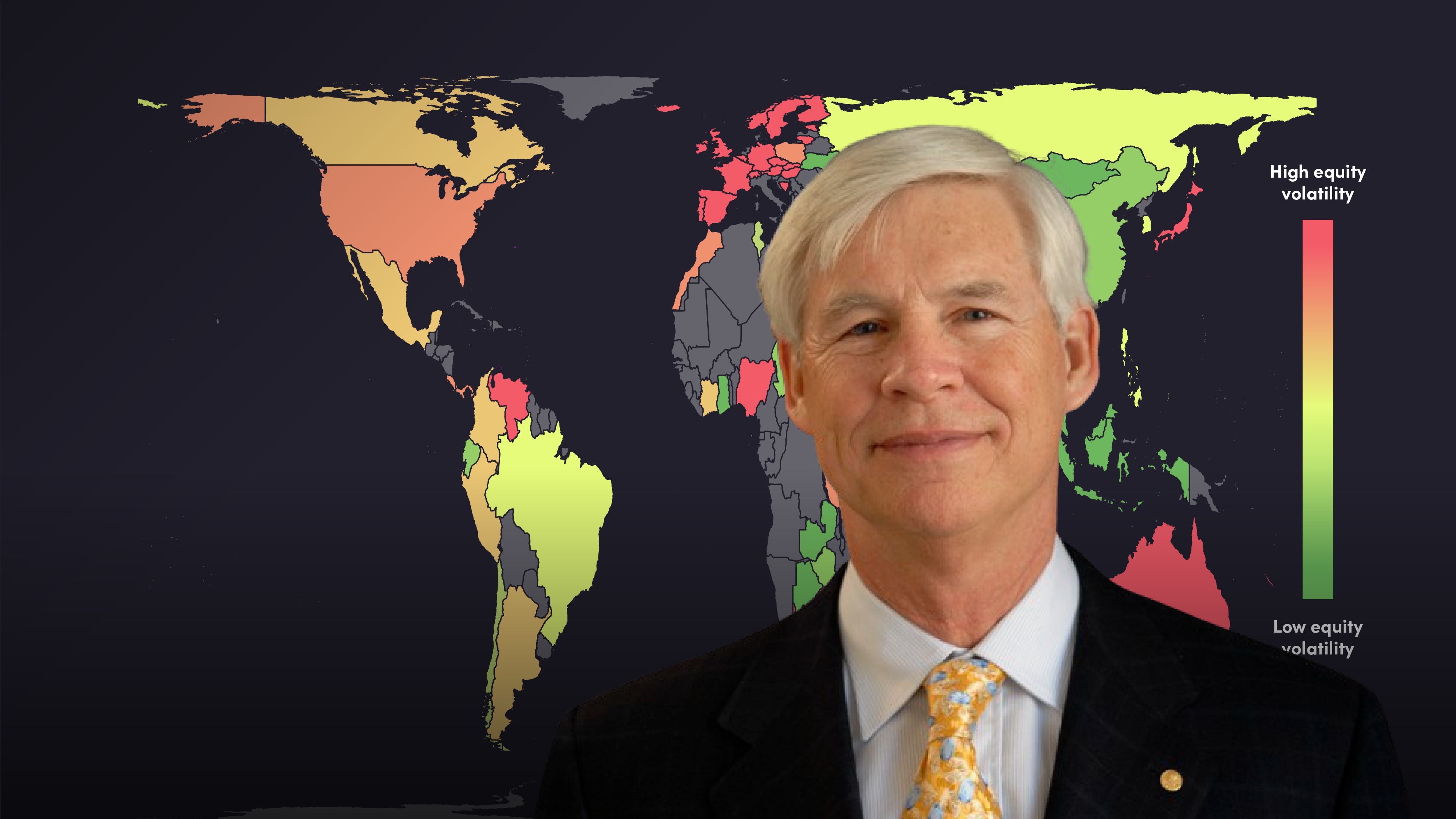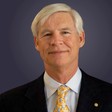
Introduction to Portfolio Climate Risk Mitigation

Robert Engle
Nobel Prize winning economist
In this video collaboration with MMF, Nobel Laureate and economist Robert Engle introduces climate financial risks - from the biggest financial shocks we have seen historically to how we measure different risk factors when they arise simultaneously. Robert explores how we can prepare for these different scenarios using four different investor goals, all accounting for climate change.
In this video collaboration with MMF, Nobel Laureate and economist Robert Engle introduces climate financial risks - from the biggest financial shocks we have seen historically to how we measure different risk factors when they arise simultaneously. Robert explores how we can prepare for these different scenarios using four different investor goals, all accounting for climate change.
We can use previous economic shocks to prepare for future shocks involving climate change. Using the data from V-Lab, we can measure the geopolitics events with the greatest global impact and then build a model that demonstrates how different volatility residuals respond.
Key learning objectives:
Understand how we can measure multiple risk factors
Learn how we can prepare for economic shocks
Identify four different goals of investing for climate change
Now free to watch
This video is now available for free. It is also part of a premium, accredited video course. Sign up for a 7-day free trial to watch more.
What are the biggest shocks that we've observed in the past?
The events with the greatest impact have been COVID-19, Brexit, 9/11 and a series of other geopolitical events, including the election of Donald Trump, Chinese Black Monday and Dick Cheney’s assassination attempt.
What are the four different goals that investors might have for investing in a world where climate change is an important risk?
- Use the information that you have on not only characteristics of firms, but also characteristics of firms that are related to climate change.
- Invest with the view that the market underappreciates the importance of climate change, thereby taking a position which will appreciate when the market figures out the truth.
- Invest to hedge climate risk. This means going long companies that will do well in a world of substantial climate change and shorting those that won't do well. This strategy which will act as insurance to reduce risk of consumption in the long run.
- Invest for impact rather than financial performance. This means subsidising companies that are doing things good for the planet.
Now free to watch
This video is now available for free. It is also part of a premium, accredited video course. Sign up for a 7-day free trial to watch more.

Robert Engle
There are no available videos from "Robert Engle"





























